Staffordshire special schools face residential care cuts
- Published

Lachlan has learned to feed himself since staying over at his school, says mum Ali Brown
Cutting funds for overnight beds at special schools will have a devastating impact on children, families have said.
Thousands have signed a petition calling on Staffordshire County Council not to withdraw money from five schools used to pay for more than 200 places.
A BBC investigation earlier this year found it was among more than 100 local authorities that had overspent on special needs budgets in 2018-19.
The council said it did not have a "legal duty" to fund the £1.8m service.
It is one of many local authorities to have reported severe financial pressures on special needs budgets and has seen a big increase in the number of young people requiring support.
David Bownds, head teacher of Loxley Hall school, in Uttoxeter, warned the saving could lead to closure and would harm the "most vulnerable".
About 209 children stay over throughout the week at Horton Lodge Community Special School, in Rudyard; Cicely Haughton, in Wetley Rocks; Walton Hall Academy, Eccleshall; Saxon Hill Academy, Lichfield; and Loxley Hall.
The BBC spoke to people who would be affected by the funding cut, which is set to take effect from next September.

'Another thing that's being denied to disabled children'
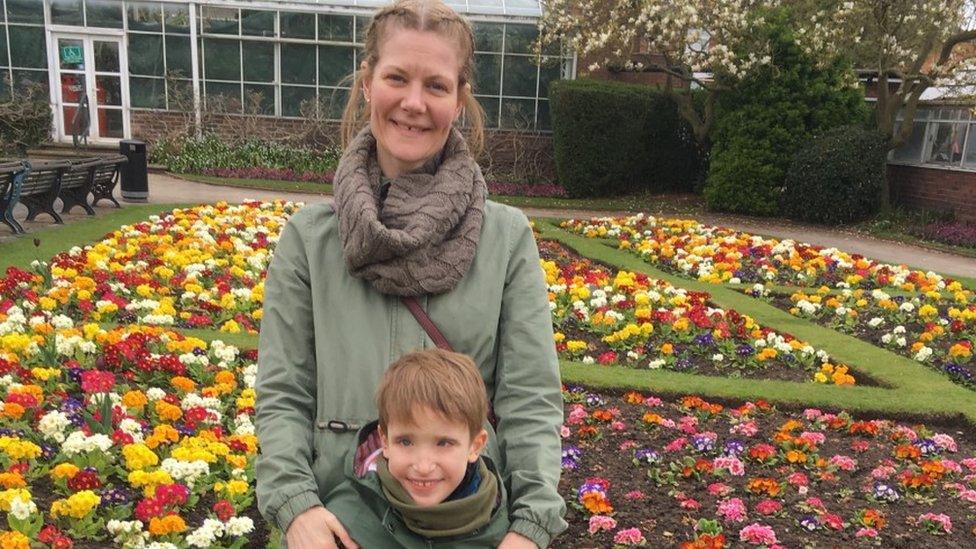
Lachlan Kirkup has "flourished" in the residential care setting at Horton Lodge, said mother Ali Brown
Lachlan Kirkup is eight years old and has physical and learning disabilities.
Once a week he stays overnight at Horton Lodge school and has, according to mum Ali Brown, "flourished" because of it.
For Lachlan, who is non-verbal, the service has been vital.
"He's not being taught how to pass exams... he's being taught how to be as independent as he possibly can be in the world," said Ms Brown.
"[How] to wash, what to have for breakfast, how to interact with his peers. He's begun to feed himself, which is mammoth.
"Scouts and sleepovers are not accessible for Lachlan... here he can benefit from the typical things that eight-year-olds do."
Ms Brown added she could see he felt "safe and happy" when staying overnight.
"It's just another thing that's being denied to disabled children. Our most vulnerable children just seem to be the ones who are getting services cut."

'He's more self assured, and a little bit calmer'
"R", 12, who has behavioural problems, would be confused and think it was "his fault" if the overnight service at Loxley Hall closed down, said foster parent Mike Day, from Stone.
"It may set him back in school with relationships. I would be disappointed by the lost opportunity," said Mr Day, who thought it would be impossible to replicate the experiences his ward got from it.
"R" has been staying one night a week at Loxley Hall, where staff have supported him and other children with emotional and behavioural difficulties. They have shared meals and rooms and taken part in group activities.
"He's desperate to have friends and his skills for friendship need to be improved," said Mr Day.
"Since he's been going to stay over he is a little bit more self-assured, a little bit calmer. He's more able to learn and to recognise some of the strengths and characteristics of pupils around him."

'I wouldn't be where I am in life'

Former Loxley Hall pupil Jordan Beech, 17, believes he would not have achieved so much without the residential support
Jordan Beech, 17, is now in full-time employment but believes he would not have achieved this without his time in residential support at Loxley Hall.
"Sometimes in the classroom I struggled to concentrate, residence enabled me to learn but in a different environment... now I am reaping the rewards," he said.
Jordan was able to work on his handwriting and spelling in the more relaxed environment, while practising cooking, washing and creating his own routines.
"Accessing residence enabled me to gain confidence in social situations and now I have more confidence when communicating with others."
Jordan has remained close to a friend he met in residence, and been attending a weekly college placement as part of his job.

'It feels like our heart is being ripped out'
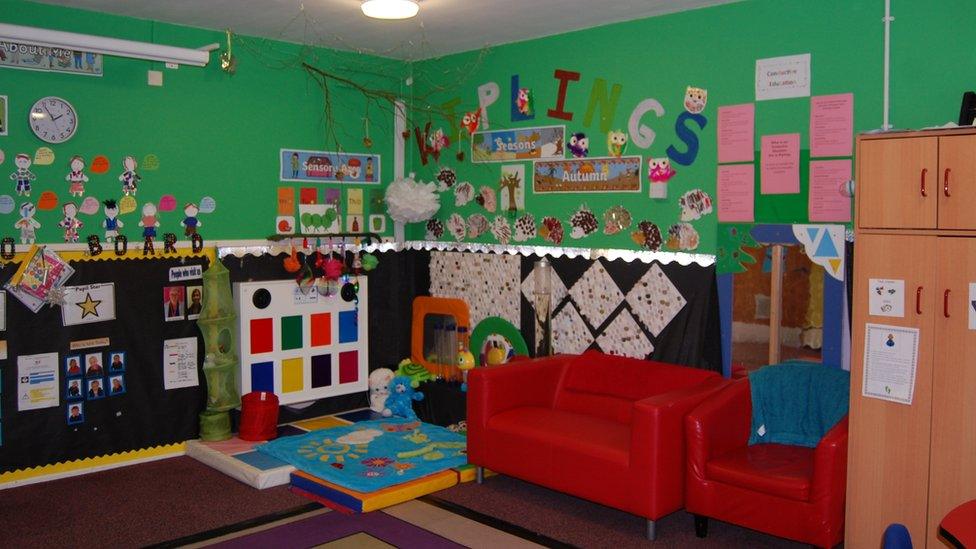
Kiplings has existed for about 50 years and is the "heart" of the school, says Horton Lodge head teacher Sarah Latham
Mr Bownds said the "nonsensical" cut to Loxley Hall's £470,000-a-year service could result in "disengagement and increased social care costs" long term.
"We focus on the most vulnerable with the largest deficit in emotional and social skills and understanding. Those are the ones who make the most progress," he said.
Many pupils have stayed over one night a week, with demand high for the school's 10 beds.
"It isn't a respite provision. For us it's about developing the whole child," added Mr Bownds.
If Horton Lodge's £180,000-a-year "Kiplings" service closed, the impact on pupils, who have physical disabilities and additional learning needs, would be "devastating", said head teacher Sarah Latham.
"They'll become more isolated. They're not going to have those social opportunities with their friends."
The unit has provided six-month placements for children on rotation, with 17 beds available over three nights.
"The skills we put in in Kiplings can't be replicated elsewhere... it does honestly feel that our heart is being ripped out," the head teacher said.
Dame Christine Lenehan, director of the Council for Disabled Children, said residential care at special schools helped guide children towards independence.

The residential blocks at Loxley Hall provide 41 beds for pupils most in need, says the school
"When funding is withdrawn and these opportunities disappear, the needs of the children and their families remain... the bottom line is that they must be met."

'Increasing numbers needing help'
The number of young people with special educational needs and disabilities (SEND) in Staffordshire has increased by a third in the past five years, the authority said.
"With increasing numbers... needing help and support we have to work with the limited budget we now have available," said Mark Sutton, cabinet member for children and young people.
"Residential education provision doesn't form part of the Educational, Health and Care (EHC) plans for those children who attend special schools and is not something councils have a legal duty to provide."
The council said it would continue to pay until September 2020 to give schools time to look for alternative funding and consider other options.
In 2018-19 the authority went £7.7m over its £72m allocation because of an increased number of specialist placements, mainstream exclusions and pupils needing an EHC plan.

Follow BBC West Midlands on Facebook, external, on Twitter, external, and sign up for local news updates direct to your phone, external.
- Published11 September 2019

- Published27 July 2019
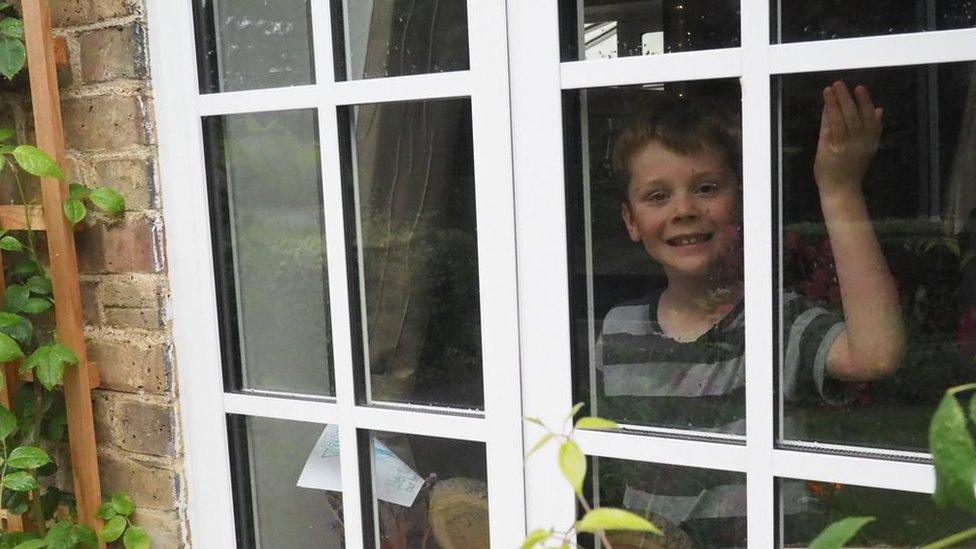
- Published20 June 2019
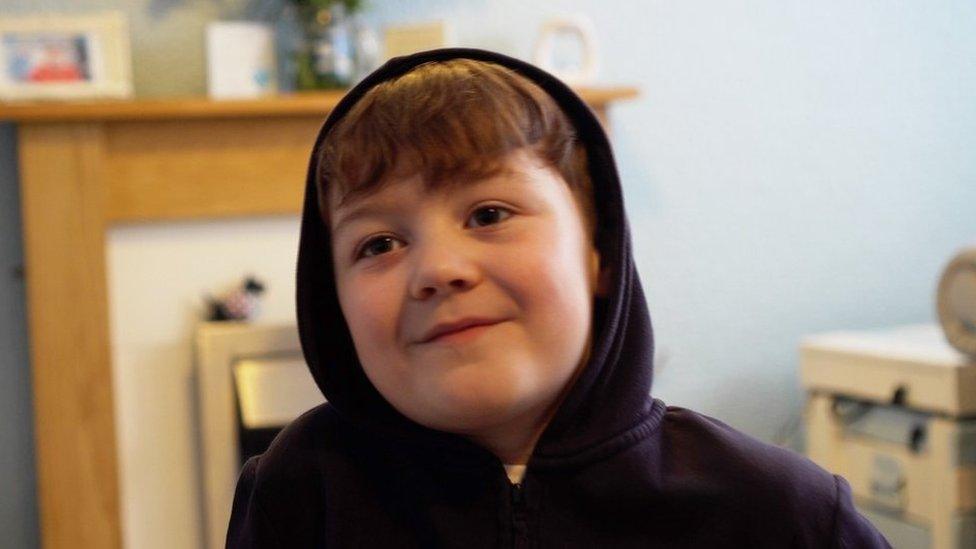
- Published19 July 2019
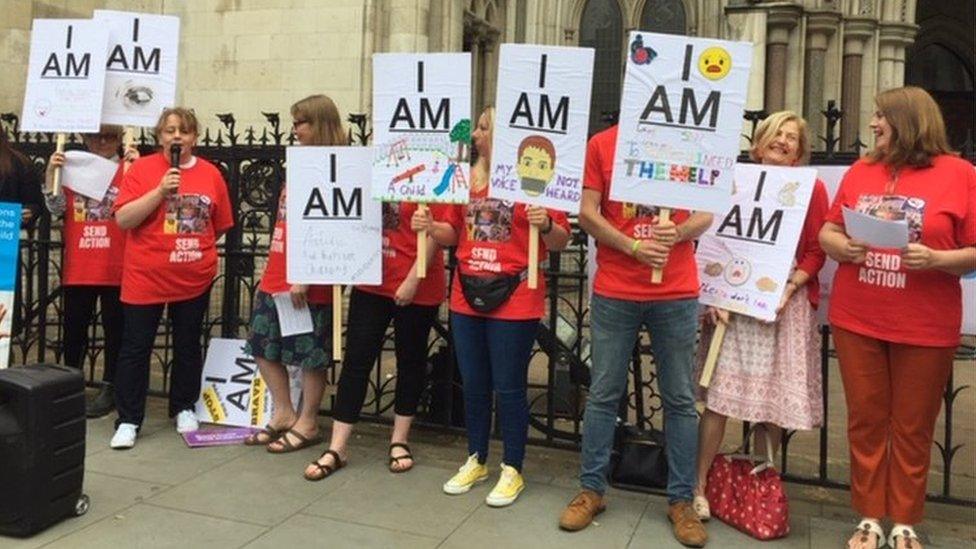
- Published30 January 2019